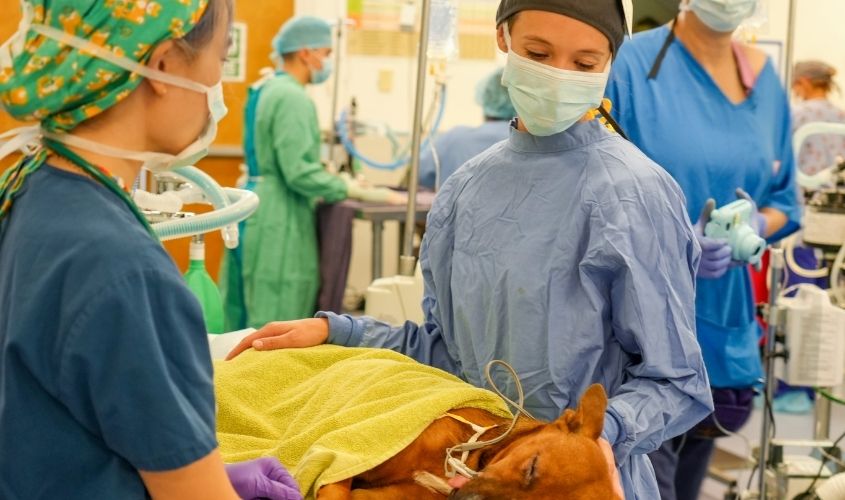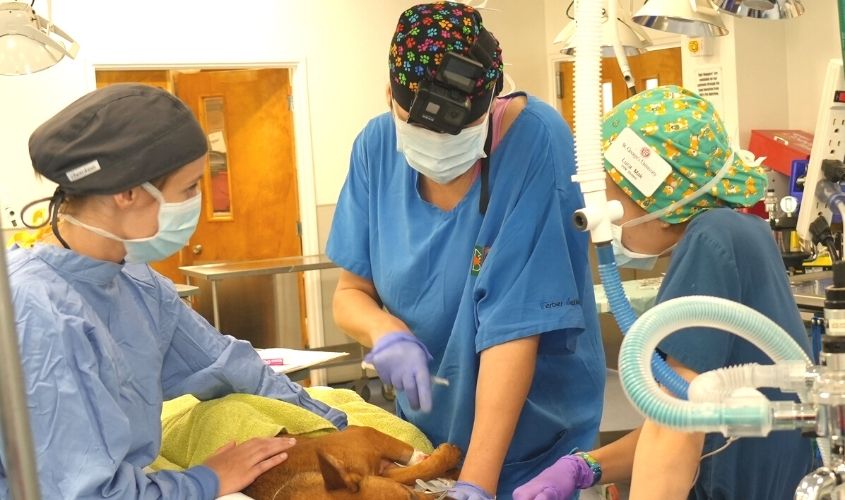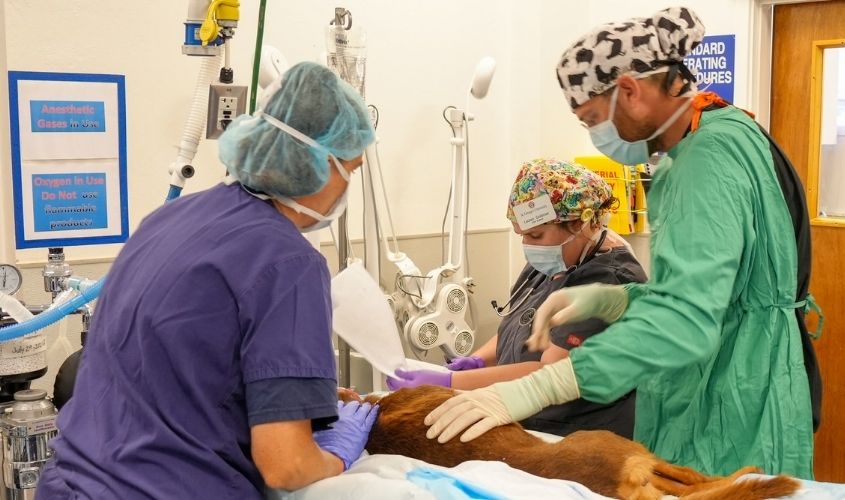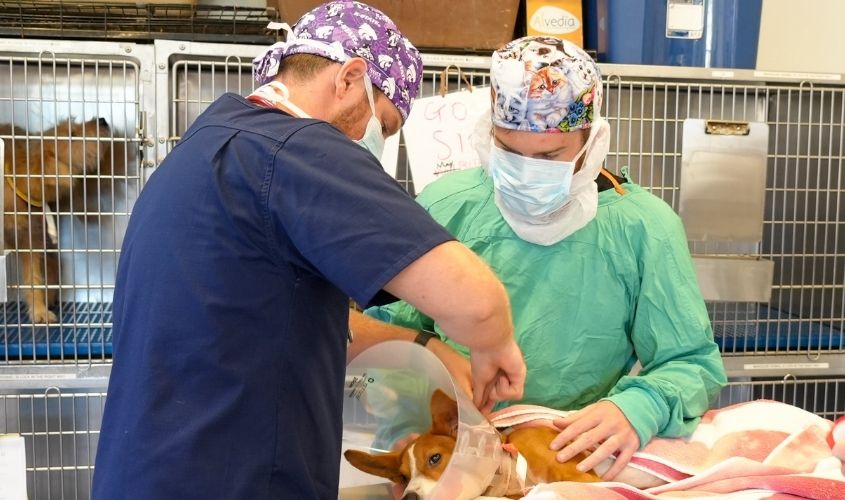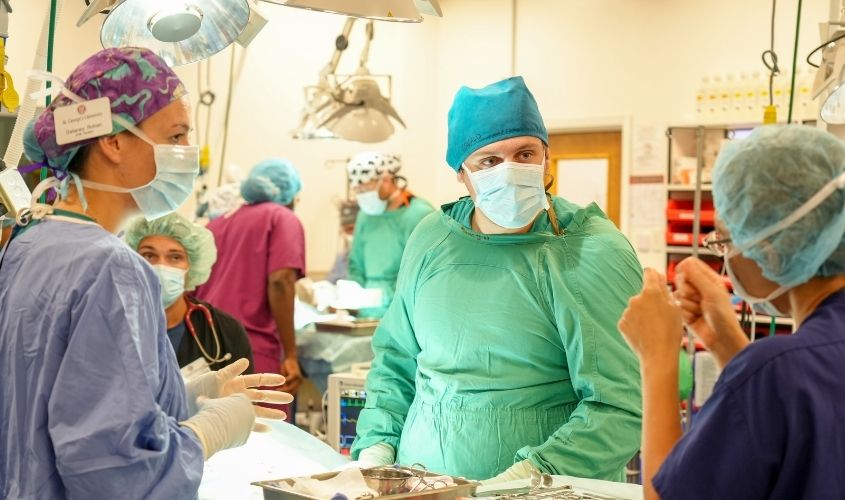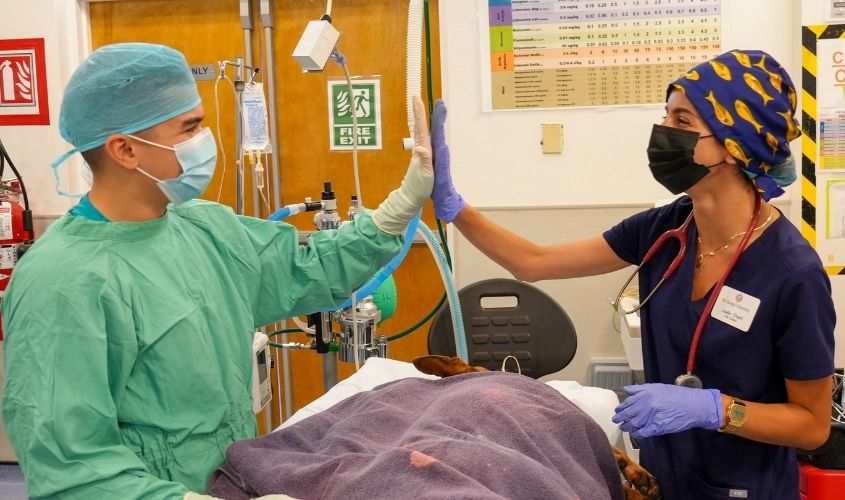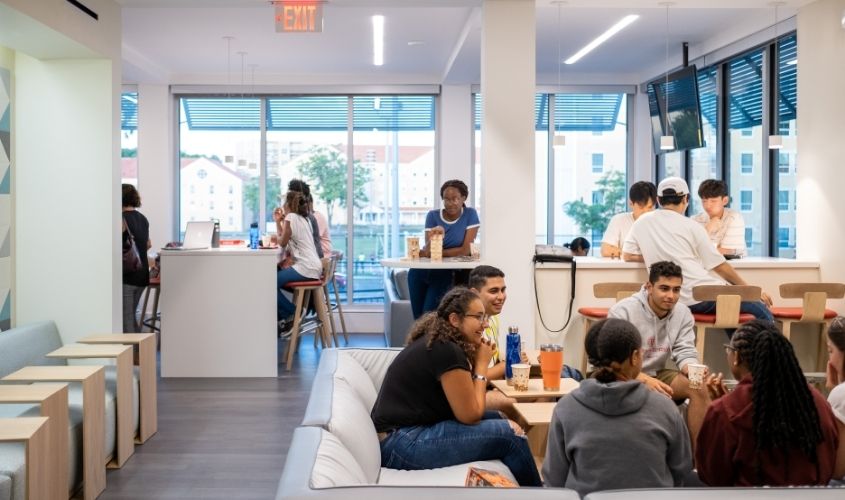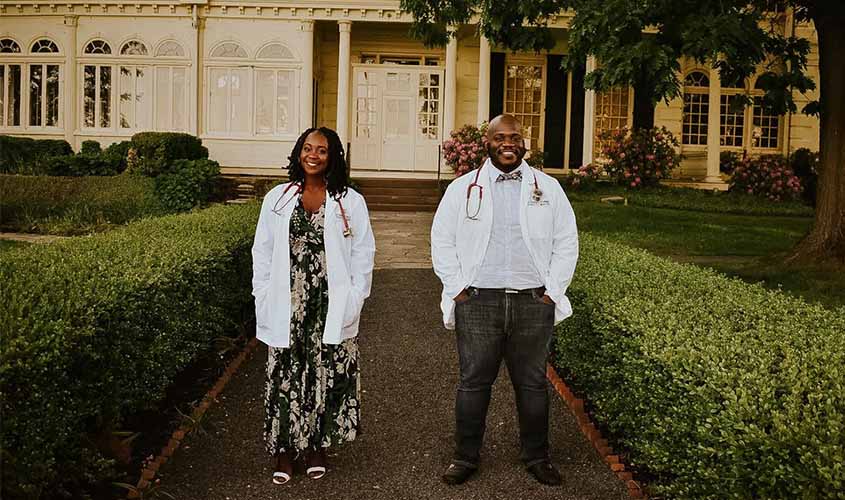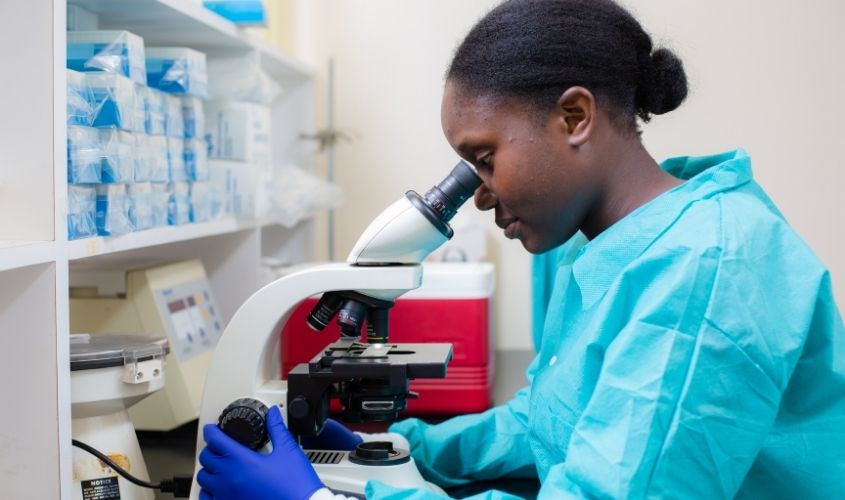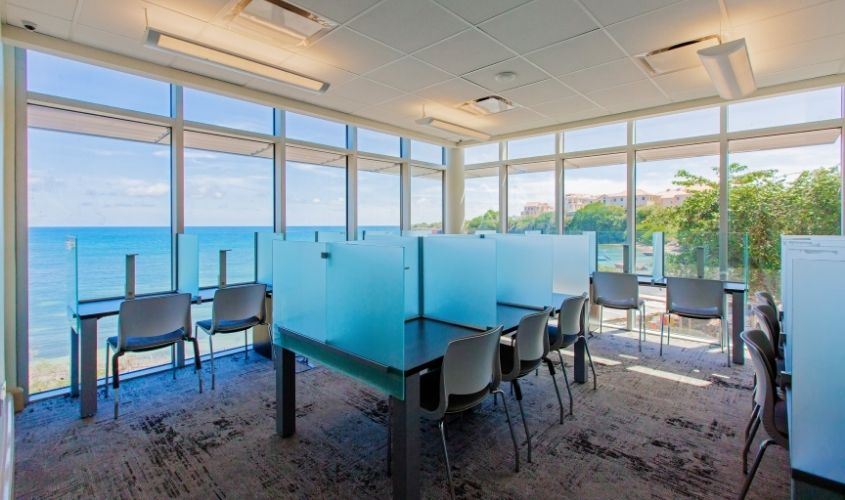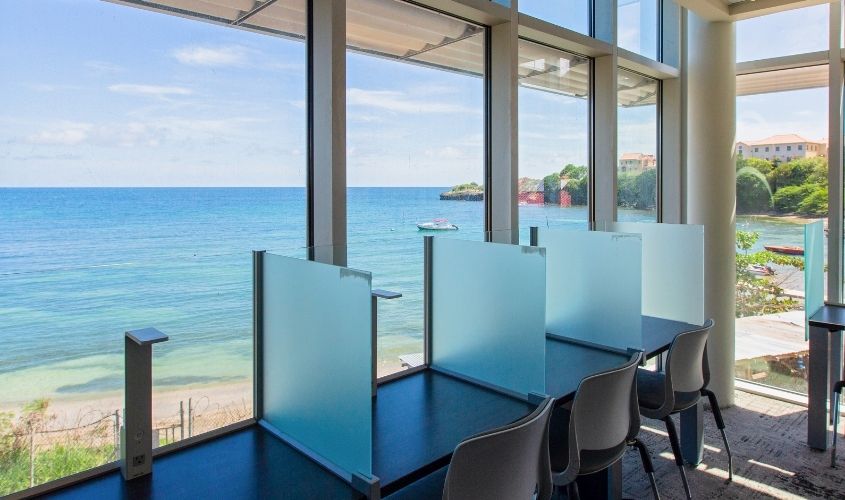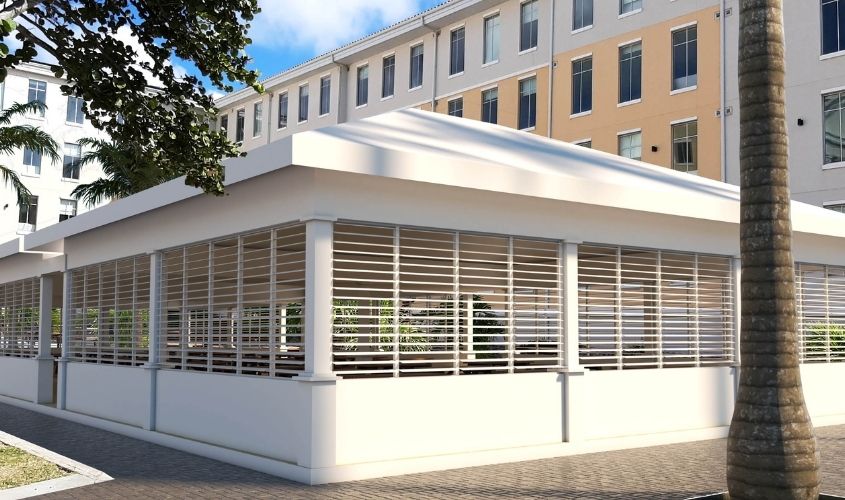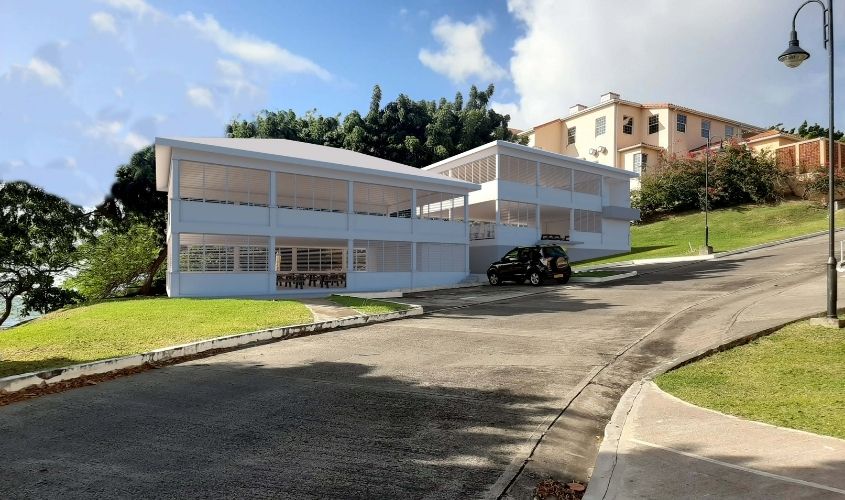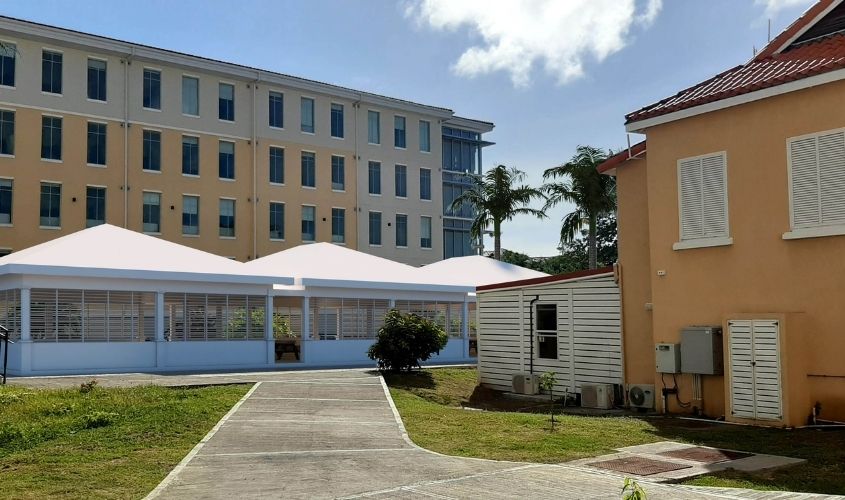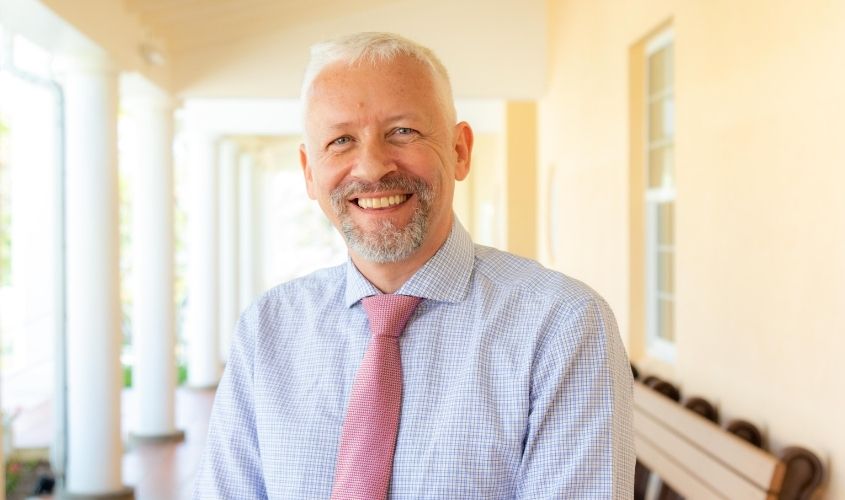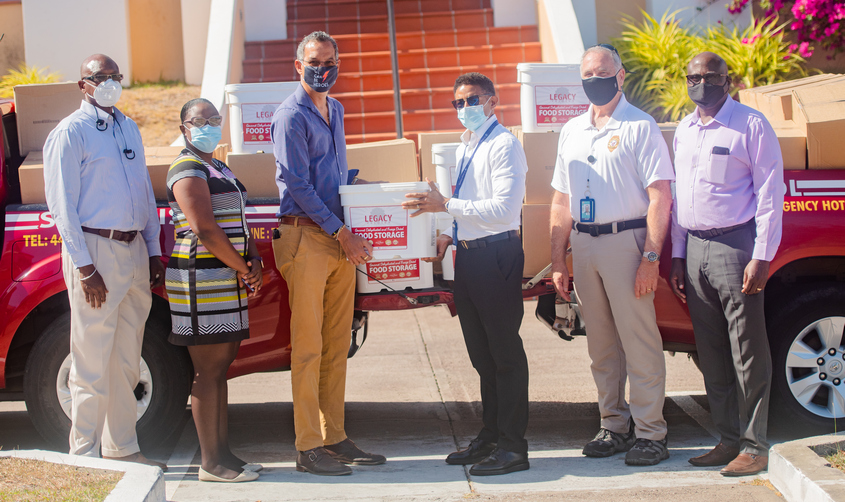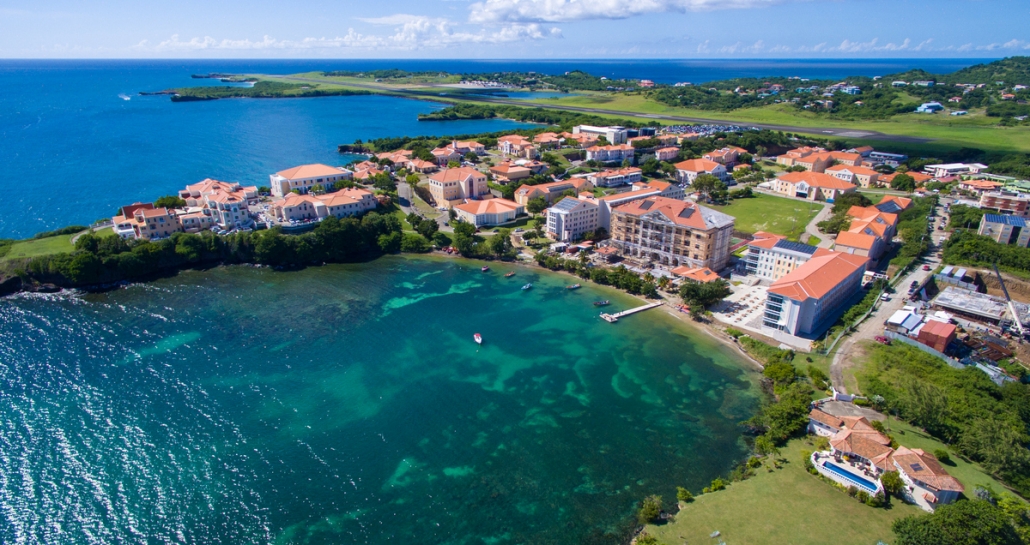From NJIT to SGU: Efstathia Baronos
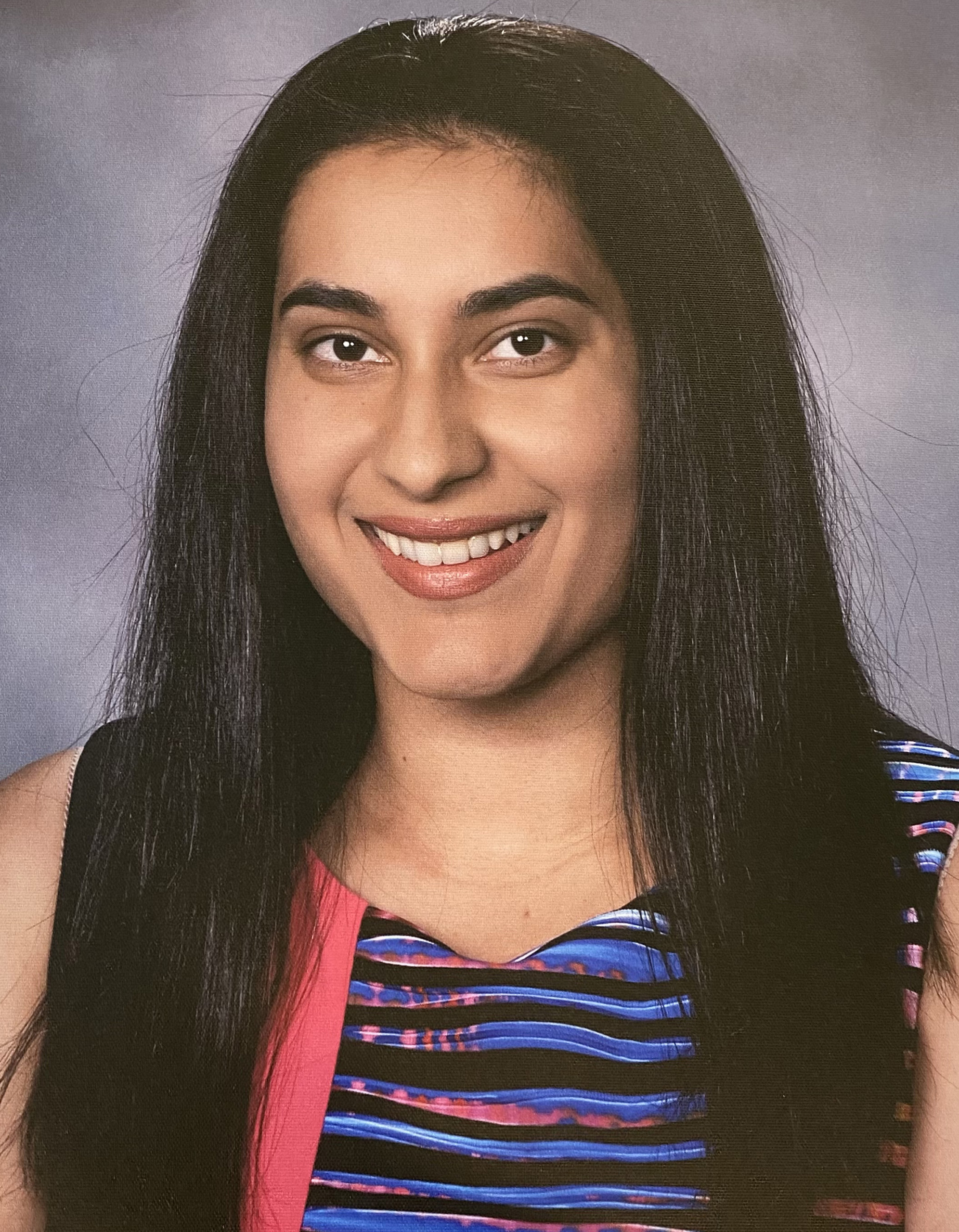
Efstathia Baronos
By establishing academic pathway programs with top undergraduate institutions around the world. St. George’s University is helping aspiring physicians achieve their dream of practicing medicine—often in less time than the traditional pathway to an MD. Efstathia Baronos of Rochester, NY, took advantage of SGU’s unique BSc/MD program in collaboration with New Jersey Institute of Technology, earning her Bachelor of Science in biology at NJIT before joining SGU’s four-year MD program. She shared what the experience has been like, and what her goals are for the future.
St. George’s University: Why did you choose the NJIT/SGU pathway program?
Efstathia Baronos: I first heard about accelerated programs from a family friend who graduated from SGU. My mom and I looked to see if SGU had any affiliations in the Northeast since I knew that’s the region I was looking in to for colleges. After learning about SGU from my family friend and from my cousin, who is also an alumnus, I had a strong interest in attending SGU for medical school. From there, we found the program between NJIT and SGU, and I am very grateful that I was accepted into the program.
SGU: How would you describe your SGU experience thus far?
EB: The best way to describe my experience so far is that it’s been equally rigorous as it has been rewarding, especially since we have been studying during the COVID-19 pandemic. I have been pushed further than I ever thought possible and am becoming the best version of myself not only as a future physician but also as a person. While there have been challenges, I have been able to make comebacks and continue being academically successful with the help of my family, friends, classmates, and faculty. I am excited to return to Grenada and continue to learn and to push myself to become the best physician I can be.
SGU: What helped you stay motivated and in the program while pursuing your undergraduate degree?
EB: The fact that I had been accepted to SGU when starting my undergraduate career helped me see the bigger picture in my career. This helped me stay motivated during my time at NJIT. I knew that I was learning skills that I needed to become the best medical student I could be, and eventually the best physician I could be. I knew that my undergraduate degree was a step in becoming a physician and would help me be able to help others one day.
SGU: How well have you bonded with your classmates?
EB: My classmates and friends at SGU are some of the brightest and hardest-working people I have ever met. I am so grateful for the people I have met so far. They encourage me and give me so much support, especially since we are in a unique learning experience studying online. They show me new perspectives and we are all there to help one another succeed. I see my friends and classmates not only as future colleagues but also as friends for the rest of my life.
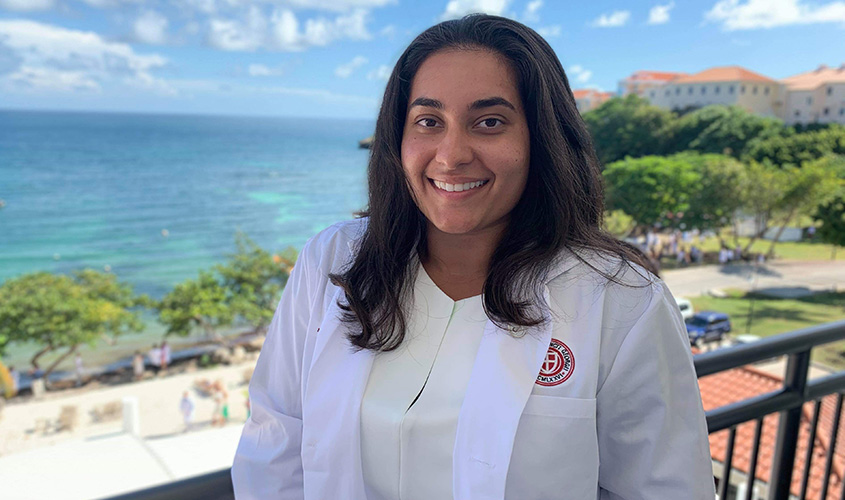
SGU: What was the application process like?
EB: The application process was stress-free. My admissions counselor, Bryan Maccarrone, was very easy to talk to and very approachable throughout the whole process and helped me with any questions I had. I was always very impressed with how quickly and easy it was to get in touch with him. I would have a response from him within minutes.
SGU: What are your career goals?
EB: I am currently keeping an open mind to all specialties. As of now, I am very interested in endocrinology. The endocrine system has been my favorite to learn during basic sciences so far. After recently being diagnosed with polycystic ovary syndrome (PCOS), an endocrine disorder, I have a strong interest in pursuing this specialty in the hopes of working at or running my own PCOS clinic.
SGU: Would you recommend this path for aspiring physicians at NJIT, and why?
EB: I would recommend this program to other students at NJIT who are pursuing medicine as a career. I knew from the age of 13 that I wanted to be a physician, and I was eager to start medical school and my medical career as soon as possible. The NJIT/SGU pathway program gave me the opportunity to do that. I also am very grateful that I had a seamless application process and pre-med experience, and it gave me the confidence I needed to be successful in medical school.
